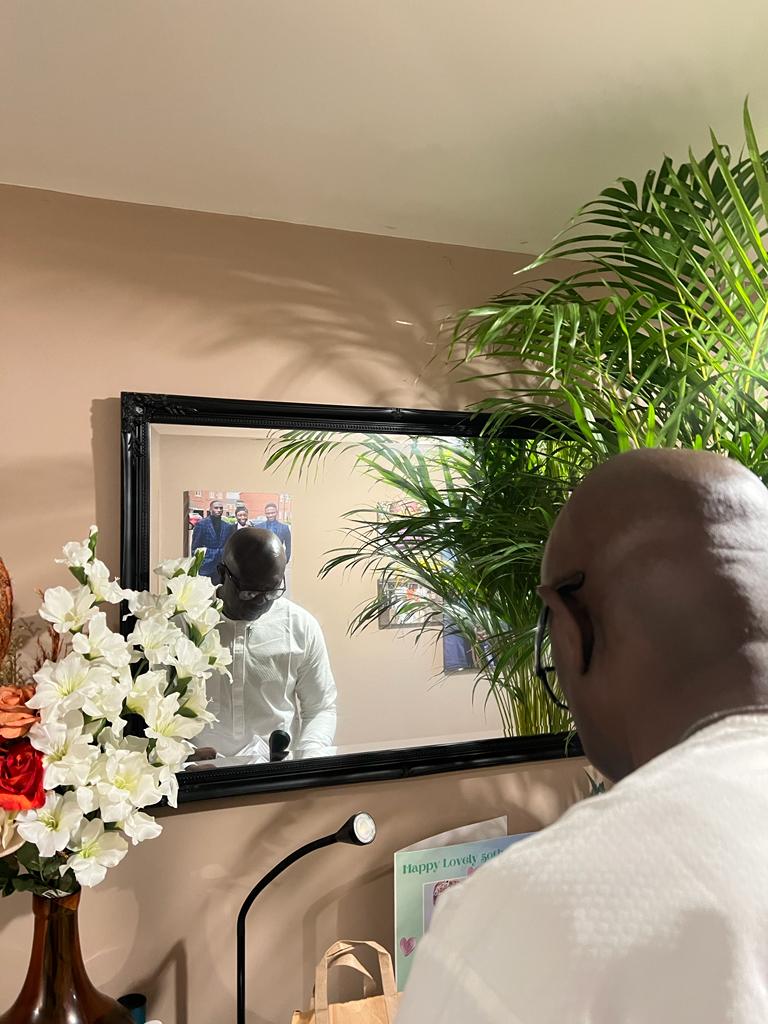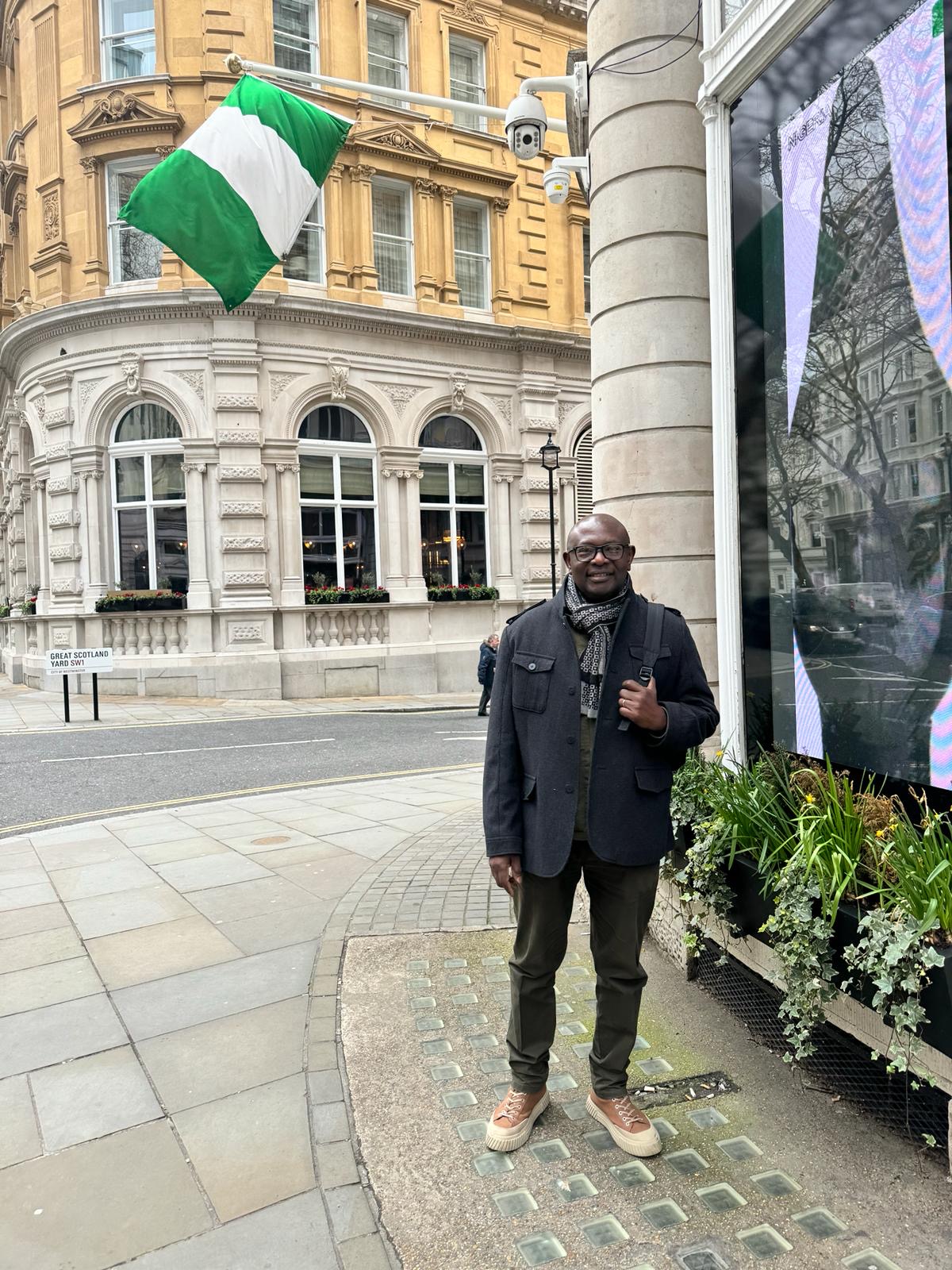By Morak Babajide-Alabi
“All men dream, but not equally. Those who dream by night in the dusty recesses of their minds, wake in the day to find that it was vanity: but the dreamers of the day are dangerous men, for they may act on their dreams with open eyes, to make them possible” – T.E. Lawrence.
There are over 150 million citizens of Nigeria. This is if the last census figures are anything to go by. Each one of this number has dreams for the country. No matter how lowly or highly placed a citizen is, he/she, as a patriot, should have a dream of an ideal society.
As the strata in the society are different so are the levels of dreams. Yet, for once, the common men and women of Nigeria play the biggest role in this dream business. Unfortunately, their dreams, like the makeup of the country, do not align and thus do not translate to anything towards development.
The masses are not that sophisticated in their dreams. They have “simple” dreams that are not “too much” or unattainable. These are dreams of a better society where their lives are secured, and every commute does not end in tragedy. They are dreams of a society where access to free quality education is standard and basic health facilities are available to them. Dreams of a country where leaders don’t tailgate abroad to treat common illnesses.
These are dreams. And you cannot blame the dreamers. They dream of a country where national security agents protect citizens, and not to extort from them. A country where lives and properties are safe, no matter where you live or come from. A country where SARS operatives, mobile policemen, traffic wardens etc are not above the law because of their uniforms. They dream of a country where cows graze freely, but with heavy responsibilities for the owners.
You cannot fault them for dreaming of a country with 24-hour electricity and pipe borne water supply. A country where good roads “come as” standard and not just electioneering slogans. In the dreamland, all roads are wide, least of three lanes and well-constructed with good drainage and lights.
They have dreams of colleges and universities that measure up to international standards in education and not in cultism. The dreams of a country that can provide jobs for their children after graduation from universities. The dreams do not include the universities run by the “missionaries” who charge their “flock” exorbitant fees for their wards to attend the schools built by their funds and prayers.
Ironically, the country’s leaders do not dream. They believe dreaming is the responsibility or preoccupation of the ordinary citizens. As the “commoners” have the considerable latitude to dream, the leaders excuse themselves so they can “pretend” to run the country.
This irresponsible act of the leaders – no capacity to dream of a better society – has continued to pull the country down the hills. The few of them that had the resemblance to dreams lose it immediately they get to power. The promises of a better tomorrow before elections disappear once they are sworn in. Instead, they regale the common men and women with excuses. When exposed as builders without plans, they term it “hate speech”.
When Martin Luther King made the famous “I have a dream” speech on August 28, 1963, he did not merely say this to make himself feel good. Nor to make the listeners scream in admiration. No. He said this because he had the dream of a country where people of colour are free from oppression. His “hailers” saw the sincerity in a man with a dream. How many of the Nigerian leaders’ “hailers” know, or can “feel” the dreams of their “principals?”
It is good to dream. As human beings, we have the inborn capacity to dream. We dream while sleeping. We are also equipped with the fantasy to dream while awake. It is daydreaming.
We cannot control the dream we have when we sleep, but we have control over our daydreams. It is not everyone that goes to sleep that actually dreams. But, every one of us does daydream and we do manipulate the dreams to follow our desires.
Some psychologists believe dreams are the expressions of the thoughts of an individual. Sometimes what we think or are afraid of sneak into our consciousness in the night and become dreams. In daydreams, we have the ability to create the process and draw any conclusion for our dreams. It is not regimented. It is whichever way we want it.
The dreams we have while sleeping can either be negative or positive. Some are so real that you wake up with a jerk or sweat pouring down your back, while others you do not want to wake up from. The good dreams we keep, while for the nightmare, we pray not to experience again. The line between dream and reality is “thick”, but some of us find it consciously difficult to separate.
It is good to daydream. Some motivational speakers believe daydreams are the foundation for successes of individuals. They say that successes are made in the foundation of dreams and if you can’t dream it, you definitely can’t achieve it.
Another school of thought believe that daydreaming is a serious sign of anxiety disorder and depression. They explained this as an escape route that offers an alternative scenario to an individual’s present situation.
This is presently applicable to Nigerians, as dreams which had all along been the “painkiller” for their woes seem unattainable. But now they are beginning to lose their cool. They have, as a result, taken up two fanciful past times – daydreaming and praying. This is understandable. If you cannot daydream, you must be able to pray.
Churches and mosques have become “dream theatres” where members are “goaded” towards their daydreams. Ever wondered why Nigeria has the highest number of places of worship? They are ”institutions” where daydreams are perfected without any personal guilt. The church and mosque-goers rely on faith for answers.
Some Nigerians, especially the youth think churches and mosques are long routes to making the daydreams reality. Impatient they are and have resorted to using ”dream enhancing” methods. They are desperate to make it happen.
Recently, there were media reports on the rise in the use of codeine and similar products in Nigeria. We have all pretended not to know the cause of this “codeine epidemic”. It is simple – as leaders have refused to dream, the followers have started helping themselves to achieve their daydreams.
As a result, we are gradually building a nation of zombies. A large percentage of the citizens spend their productive hours in places of worship. The remaining are drinking codeine to make themselves feel good. How do you explain the three million bottles of codeine syrup drunk every day in two states of Kano and Jigawa? Just two states. Imagine how many are drunk all over the country, on a daily basis.
As there are no suitable platforms for them to actualise their dreams, they have resorted to creating and living them. The opening quote explained it all. It said the daydreamers are the most dangerous because, with their eyes open, they will do anything to achieve their goals. This is what we are experiencing in Nigeria at the moment.
It is worrying. Daydreaming is now a way out of the madness.
As written for Diaspora Matters, Sunday Vanguard, July 1, 2018.







